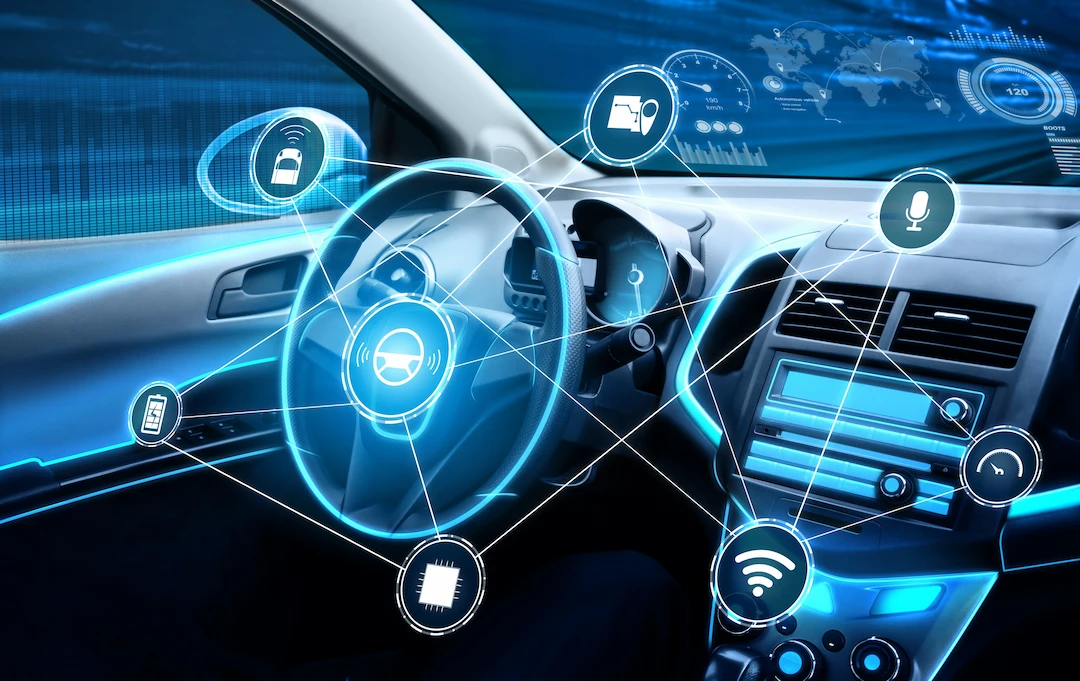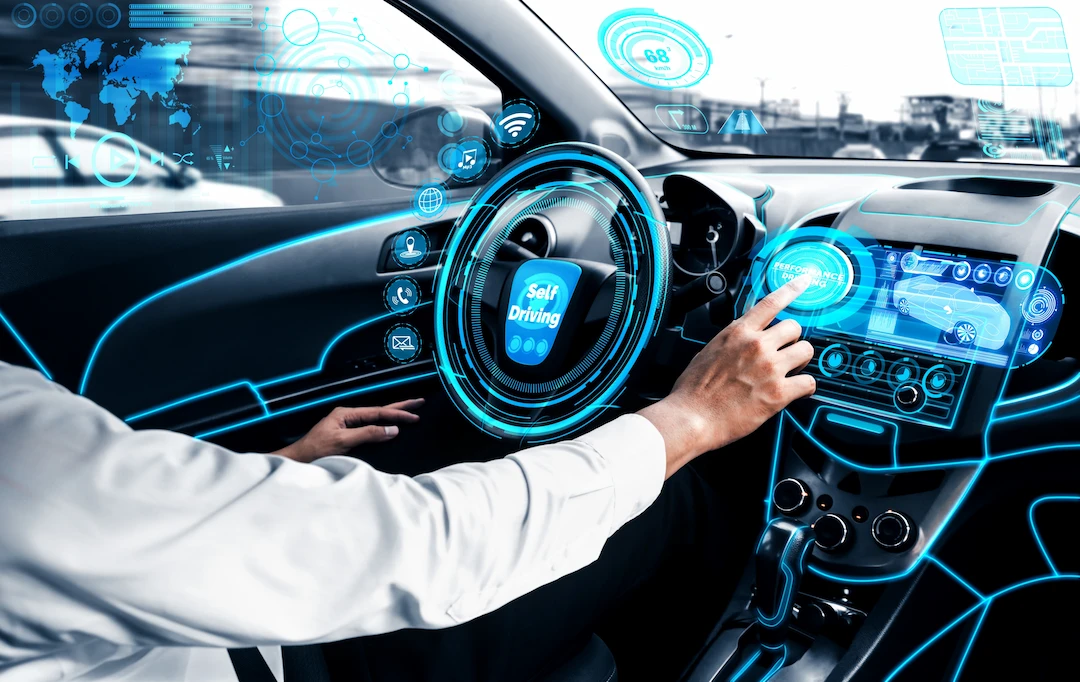The rapid growth of urban populations and increasing environmental concerns have pushed cities worldwide to rethink their transportation systems. In this quest for sustainable and efficient urban mobility, innovative solutions have emerged, with Mobilicity leading the way. Mobilicity is a groundbreaking urban transport concept that aims to revolutionize the way people move within cities. By combining cutting-edge technology, forward-thinking design, and sustainable practices, Mobilicity is poised to shape the future of urban transportation.
Smart Infrastructure:
At the core of Mobilicity is its smart infrastructure, which seamlessly integrates various modes of transport, including electric vehicles, bicycles, and public transit. The infrastructure is equipped with advanced sensors, data analytics, and connectivity, enabling real-time monitoring and management of the entire transportation network. This intelligent infrastructure optimizes traffic flow, minimizes congestion, and enhances the overall efficiency of urban transport.
Electric Mobility:
Mobilicity places a strong emphasis on electric mobility as a sustainable alternative to conventional fossil fuel-powered vehicles. Electric vehicles (EVs) play a pivotal role in reducing carbon emissions and improving air quality in urban areas. Mobilicity incorporates a robust network of EV charging stations strategically located throughout the city, ensuring convenient access for electric vehicle owners. The seamless integration of EVs into the transport system promotes cleaner and greener urban transportation.
Shared Mobility:
One of the key pillars of Mobilicity is the concept of shared mobility. By promoting shared transportation options such as car-sharing services, bike-sharing programs, and ride-sharing platforms, Mobilicity aims to reduce the number of private vehicles on the road and optimize the utilization of existing resources. This not only alleviates traffic congestion but also addresses the issue of limited parking space in urban areas.
Intelligent Transportation Management:
Mobilicity leverages intelligent transportation management systems to ensure smooth and efficient operations. These systems utilize advanced algorithms and predictive analytics to anticipate traffic patterns, dynamically adjust routes, and optimize travel times. By minimizing delays and improving overall efficiency, Mobilicity enhances the commuting experience for residents and visitors alike.
Sustainability and Environmental Impact:
As cities strive to become more sustainable, Mobilicity aligns with these goals by significantly reducing greenhouse gas emissions and air pollution. The adoption of electric mobility and shared transportation options contributes to a cleaner and healthier urban environment. Additionally, the smart infrastructure of Mobilicity promotes energy-efficient operations, reducing overall energy consumption and minimizing the ecological footprint of urban transportation.
Mobilicity represents a groundbreaking paradigm shift in urban transport, embracing radical innovation to address the challenges of modern cities. By integrating smart infrastructure, promoting electric mobility, encouraging shared transportation, and leveraging intelligent transportation management, Mobilicity paves the way for a more sustainable, efficient, and enjoyable urban transportation experience. As cities worldwide embrace this radical approach, Mobilicity’s vision of a future with cleaner, greener, and smarter urban mobility becomes a reality, shaping the way we move and live in our cities.










